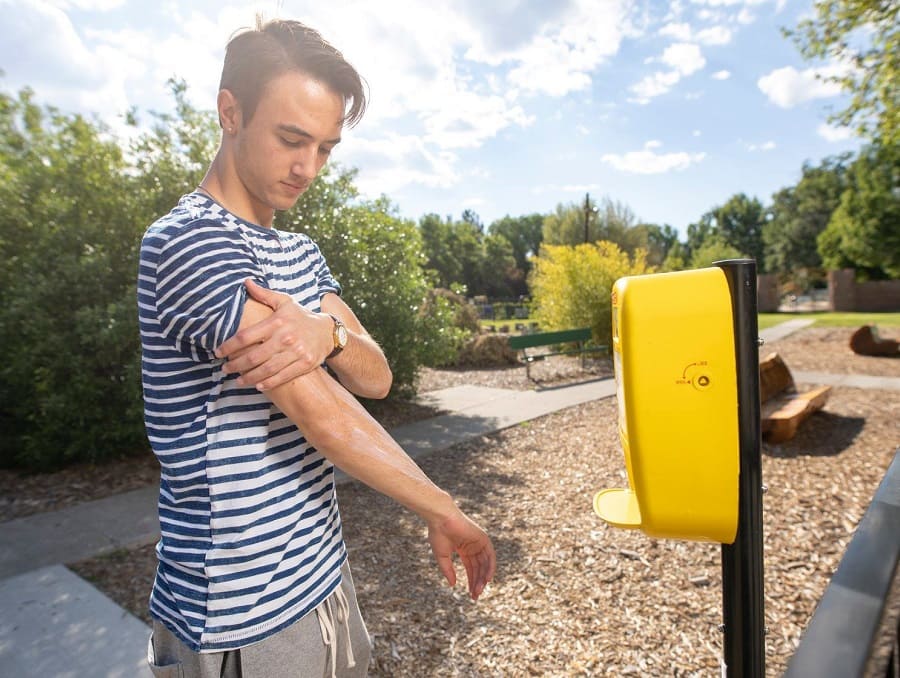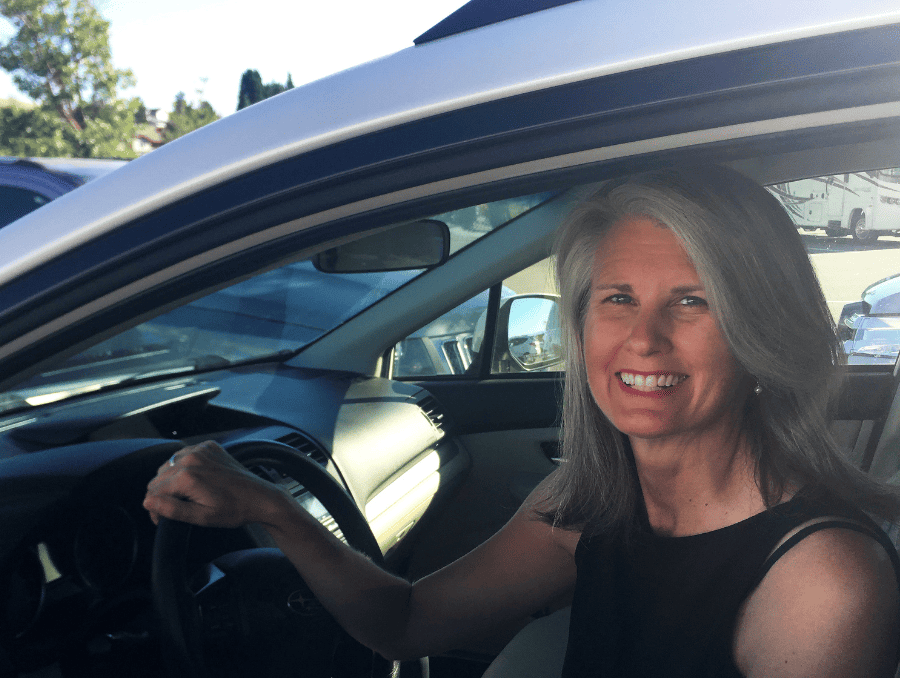May is Skin Cancer Awareness Month. As summer grows closer and Nevada works towards reopening, more and more of us will be spending time outdoors. There are some key steps you can take to protect your skin from damage today that will help prevent skin cancer years down the road.
- First, practice the 5 S’s of Sun Safety: Slip, Slop, Slap, Slide, and Seek. When you will be spending time in the sun, it is recommended that you put these tools into action.
- SLIP on a t-shirt or lightweight long sleeve.
- SLOP on SPF 30+ sunscreen and reapply every 2 hours.
- SLAP on a broad brimmed hat.
- SLIDE on sunglasses with UVA protection.
- SEEK shade whenever you can.
- Second, SKIP the tanning bed. Consider this the sixth pillar of sun safety, despite it being an indoor exposure. According to the American Academy of Dermatology, even just one indoor tanning session can increase one’s risk of developing skin cancer, and that risk continues to increase with each use. A statistic that speaks to Anita on a personal level is the fact that women under 30 are six times more likely to develop melanoma, a serious form of skin cancer, if they tan indoors.
- Third, get to know your skin. The American Academy of Dermatology recommends performing regular self-skin checks and reports that around half of melanomas are self-detected. Concerning features to look for are the ABCDE’s of melanoma: Asymmetry, irregular Borders, multiple Colors, Diameter greater than 6mm (about the size of a pencil eraser), and Evolution or change in appearance over time. If in doubt, make an appointment with a dermatologist to be evaluated.
As everyone looks forward to the summer, also take a moment to look out for your skin. To learn more about skin cancer, tanning beds, and what to look for in a self-skin check, take a look at these resources from the American Academy of Dermatology:

Anita Savell is a graduating medical student from the University of Nevada, Reno School of Medicine and recently matched to the specialty of dermatology. She has been a volunteer with the Nevada Cancer Coalition’s SunSmart Nevada program and Nevada’s Skin Cancer Prevention Task Force for four years.
















